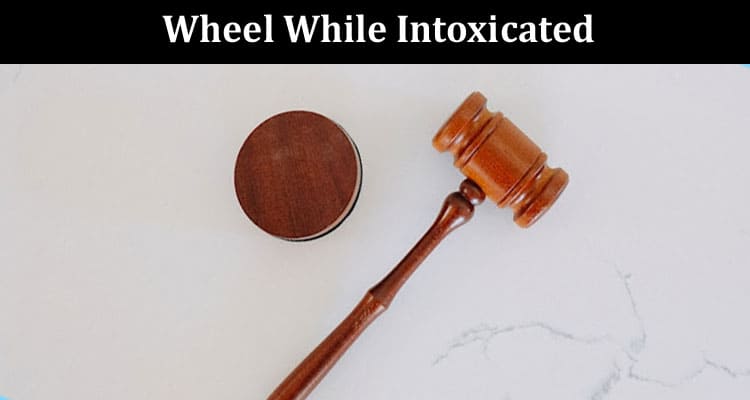Driving under the influence of alcohol or drugs is a serious offense with far-reaching implications. The risks associated with intoxicated driving include legal troubles, endangerment of human lives, and financial repercussions, among others. Understanding these consequences is crucial for anyone who considers drinking and driving to be negligible. This article delves into the various reasons why intoxicated driving should never be an option. Keep reading to gain insight into the importance of sobriety behind the wheel.
The Legal Consequences of Driving Under the Influence
Individuals who decide to drive while intoxicated put themselves at risk of facing severe legal penalties. The severity of these penalties can range from fines and license suspensions to jail time, depending on the jurisdiction and the number of previous offenses. A DUI conviction can tarnish one’s record, creating barriers to employment and professional licensure. Furthermore, repeat offenders may find the legal consequences increasingly punitive.
The court process following a DUI arrest can be complex and overwhelming. Legal representation is often necessary to navigate the charges, and securing the best Austin DWI attorney can be essential in mitigating the legal repercussions. Hiring a DUI attorney can make a major difference in the outcome of your case. Beyond that, a DUI attorney can help you navigate the administrative side of your case, such as dealing with the Department of Motor Vehicles (DMV). They have the knowledge, experience, and resources to fight for your best interests and minimize the negative impacts a DUI charge can have on your life.
How Alcohol and Drugs Impair Your Driving Skills
Alcohol and drugs compromise a driver’s ability to operate a vehicle safely. The substances impair judgment, reduce reaction times, and hinder coordination, all of which are needed for driving. Drivers under the influence are more likely to make fatal errors, misjudge distances, or fail to react in time to prevent accidents.
Intoxication also impacts vision and hearing, two senses critical for safe driving. Alcohol can cause blurred vision and slow eye movement, while drugs may alter depth perception and peripheral awareness. Compromised senses make it challenging to assess traffic conditions, read road signs, and note the movements of other vehicles and pedestrians.
Moreover, the false sense of confidence that often accompanies intoxication can lead to reckless behavior, such as speeding, aggressive driving, and ignoring traffic laws. These behaviors increase the likelihood of causing crashes with devastating outcomes. Drivers often overestimate their abilities while under the influence, which can have fatal results.
Preventing Tragedy: The Human Cost of Impaired Driving
The most harrowing aspect of driving under the influence is the potential human cost. Every year, thousands lose their lives due to impaired driving incidents. The tragedy extends beyond the victims to their families, friends, and communities, who all suffer the loss and the trauma associated with preventable accidents.
For survivors of a crash involving an impaired driver, the aftermath may involve a lifetime of physical and emotional recovery. Injuries can range from minor to catastrophic, including paralysis, brain damage, and other irreversible conditions that can impose substantial medical expenses and personal hardship.
On the side of the impaired driver, the emotional burden of causing injury or death can be immense. The guilt and psychological effects following such events can lead to a range of mental health issues, including depression and anxiety. Living with the knowledge of having caused irreversible harm to others is a substantial human cost that far outweighs any momentary convenience of driving while intoxicated.
Alternatives to Driving Intoxicated: Making Safer Choices
Fortunately, there are many alternatives to driving while intoxicated that can ensure safety for all. Public transportation, ride-sharing services, and taxis offer convenient and often economical options for getting home after consuming alcohol or drugs. Many cities have also implemented late-night transportation schedules to accommodate social night hours.
Designating a sober driver is another proactive approach. Friends can take turns assuming this responsibility, ensuring that everyone in the group has a safe ride. Planning in this way demonstrates consideration for safety and can be a bonding moment for friends and family, reinforcing the importance of looking out for one another.
If transportation options are limited, staying put is a viable option. Hosting events at home where guests can stay overnight is yet another alternative to prevent impaired driving. By removing the necessity for transportation post-consumption, hosts can provide a safe environment for socializing without the risks associated with traveling under the influence.
As you can see, the consequences of driving under the influence are significant and multifaceted. Intoxicated driving poses legal, financial, physical, and emotional risks that are completely avoidable with little planning and responsible decision-making. By prioritizing safety and making informed choices, we can collectively reduce the incidence of DUI-related incidents and protect our communities.


